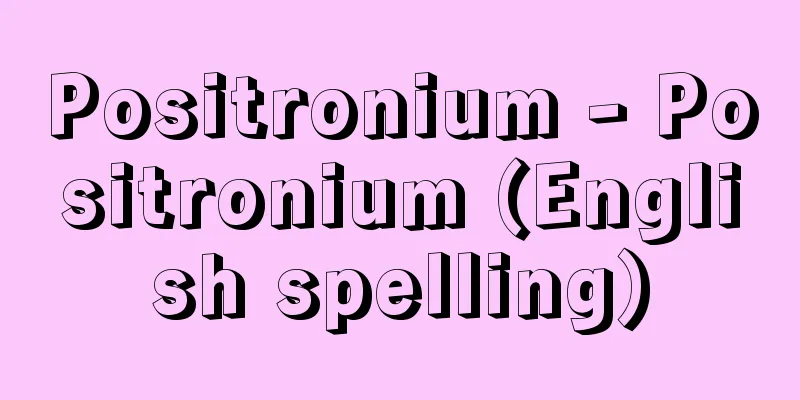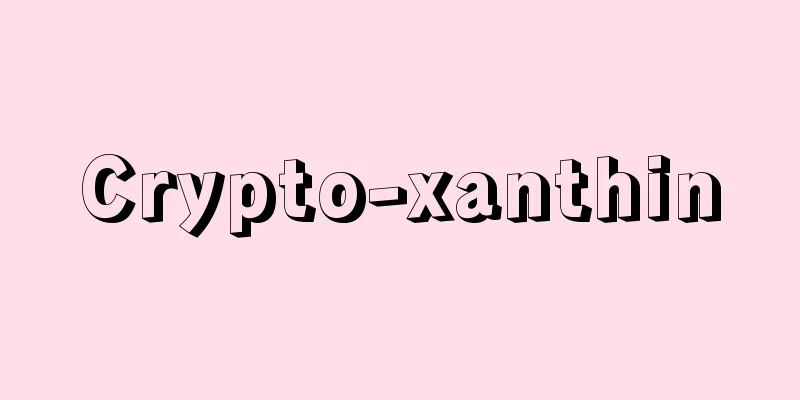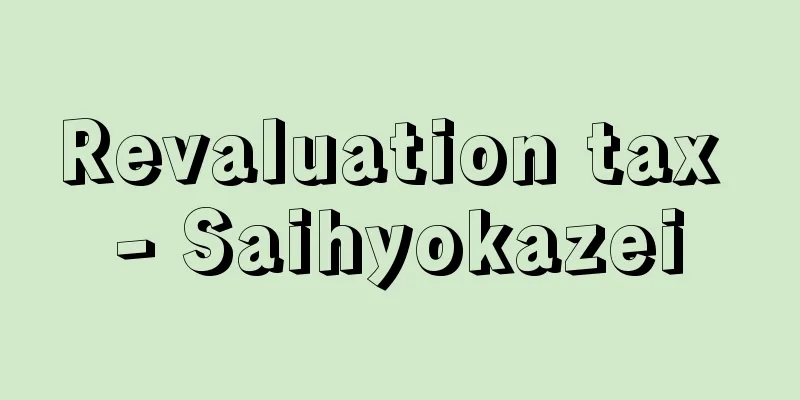Announcement effect

|
A change in people's behavior due to the psychological effects of media predictions and public opinion poll reports. In Japan, this refers to the effect of the mass media reporting on public opinion polls and election results predictions before an election, which affects voters' voting behavior and the morale of candidate camps. It is also called the announcement effect. One example of voting behavior caused by the announcement effect is the "bandwagon effect." This is an analogy to the image of spectators walking behind a flashy band wagon, and refers to the tendency for parties and candidates who are predicted to be in the lead to receive more votes. It is also called the vanguard effect or band wagon effect. Tactics such as using eye-catching slogans and advertising to give the impression of being in the lead in advance and gaining an advantage in the election campaign are also aimed at achieving this effect. On the other hand, the opposite of the bandwagon effect is the announcement effect, where when a candidate is told in public opinion polls or election results that they are struggling or likely to lose, sympathy for the candidate is expressed and votes are gathered to turn around the disadvantage. This psychological effect is called the "underdog effect." Underdog is an English word that means a loser. Various studies have been conducted on this type of voting behavior in the United States since the mid-1900s. The announcement effect was originally a financial and economic term, referring to the direct influence on the behavior of financial institutions, general companies, households, etc. by policy authorities clearly announcing their intentions in advance. This also applies to verbal intervention in the manipulation of the official discount rate. The first time this term was used in Japan to describe the influence on electoral behavior was during the 1979 general election for the House of Representatives, when interest was focused on how the results of pre-election opinion polls would affect voters' voting. Since then, it has become an established term to describe electoral behavior. [Editorial Department] Source: Shogakukan Encyclopedia Nipponica About Encyclopedia Nipponica Information | Legend |
|
メディアによる予測や世論調査の報道がもたらす心理的な影響により、人々の行動が変化すること。日本ではおもに選挙前に、世論調査や当落予測などをマスメディアが報道することによって、有権者の投票行動や候補者陣営の士気などに影響を与えることをさす。アナウンス効果ともいう。アナウンスメント効果による投票行動の一つとして、「バンドワゴン効果bandwagon effect」があげられる。これは派手な楽隊車につられて後ろを歩く見物人の姿になぞらえたもので、事前予測で優勢を伝えられた政党や候補者に多くの票が集まる傾向を表しており、先陣効果、楽隊馬車効果ともよばれる。目だつスローガンや広告宣伝などで、優勢であるという印象を前もって与え、選挙戦を優位に進めるといった戦術も、このような効果をねらったものである。一方、バンドワゴン効果とは逆に、世論調査や選挙速報などで苦戦や敗色濃厚などを伝えられると、候補者に対する同情や劣勢挽回(ばんかい)のための票が集まるアナウンスメント効果もある。このような心理的な影響を「アンダードッグ効果underdog effect」という。アンダードッグは負け犬を意味する英語である。こうした選挙行動に関して、アメリカでは1900年代なかばからさまざまな研究がなされてきた。 アナウンスメント効果は、もともと金融、経済用語として用いられ、政策当局が事前に意図をはっきり知らせることにより、金融機関、一般企業、家計などの行動に直接影響を与えることをさす。公定歩合の操作に関して行われる口先介入もこれにあたる。このことばが選挙行動への影響を表すものとして日本で初めて使われたのは、1979年(昭和54)に行われた衆議院議員総選挙においてで、事前の世論調査の結果が有権者の投票にどのような影響を与えるかに関心が集まった。これ以降、選挙行動を表すことばとして定着した。 [編集部] 出典 小学館 日本大百科全書(ニッポニカ)日本大百科全書(ニッポニカ)について 情報 | 凡例 |
Recommend
SA (Social Policy)
...However, there is some debate as to whether it...
Corm - Corm
An underground stem that stores nutrients such as...
Carte de visit - Carte de visit
...In other words, while the one-off daguerreotyp...
Prosecution - Kyukei
In the final stage of a criminal trial, the prosec...
Tiepolo - Giovanni Battista Tiepolo
Italian painter of the Venetian school. Baptized ...
Night school - Yakanchuugaku
A night school is a school that aims to allow tho...
Chichibu Shrine
Located in Chichibu City, Saitama Prefecture. Eng...
Ichthyosaur (English spelling)
Mesozoic marine reptiles that lived and looked li...
Alkali Factory Method - Alkali Factory Information
...However, because it was complicated with exist...
Kirin - Giraffe
An imaginary animal from ancient China. It is als...
Hidaka [Village] - Hidaka
A village in Takaoka County, central Kochi Prefect...
Complex
In everyday language, it is used as an abbreviatio...
Hulling - Kakukyohei
A famous warrior during the reign of Emperor Wu o...
Czech Republic (English spelling)
A republic located in central Europe. It is a lan...
Porcelain
…a general term for pottery, earthenware, stonewa...

![Daiichi Life Insurance Company [Mutual Company] - Daiichi Life Insurance Company](/upload/images/67cc14b1860f6.webp)







